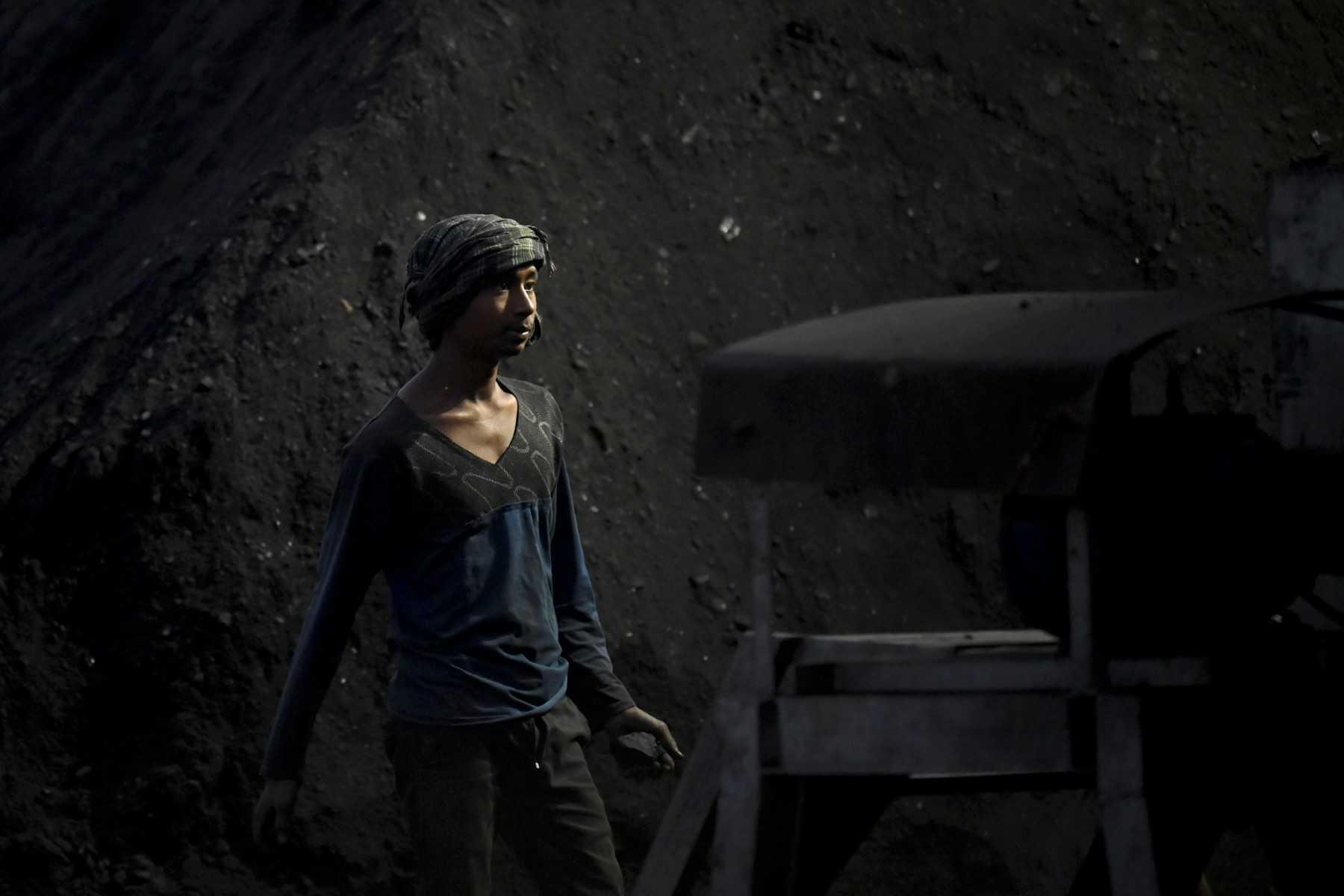India gives coal-fired plants extra two years to install emissions equipment
Plants near populous regions and the capital New Delhi will have to pay penalties to operate from end-2024, while utilities in less polluting areas will be penalized after end-2026.
Just In
India extended a deadline for coal-fired power plants to install equipment to cut sulphur emissions by two years, the government said in a notification on Tuesday, marking the third push back on a commitment to clean up dirty air.
Indian cities have some of the world's most polluted air. Thermal utilities, which produce 75% of the country's power, account for some 80% of industrial emissions of sulphur- and nitrous-oxides, which cause lung diseases, acid rain and smog.
India had initially set a 2017 deadline for thermal power plants to install flue gas desuphurisation (FGD) units to cut sulphur emissions. That was later changed to varying deadlines for different regions, ending in 2022, and further extended last year to a period ending 2025.
The order on Tuesday said power plants will be forcibly retired if they do not comply to norms on sulphur emissions by end-2027.
Plants near populous regions and the capital New Delhi will have to pay penalties to operate from end-2024, while utilities in less polluting areas will be penalized after end-2026, the order said.
The federal power ministry had pushed for an extension, citing higher costs, lack of funds, Covid 19-related delays and geopolitical tension with neighbouring China, which has restricted trade.
The delay will be welcomed by operators of coal-fired utilities including private companies, like Tata Power and Adani Power, which have long lobbied for less severe requirements.
Subscribe to our newsletter
To be updated with all the latest news and analyses daily.
